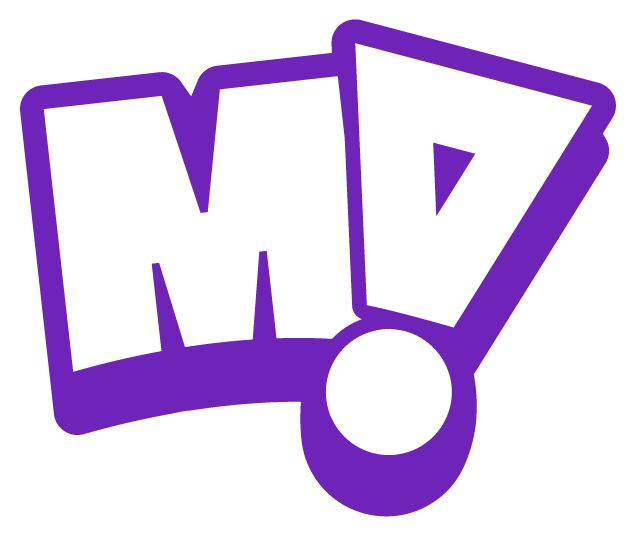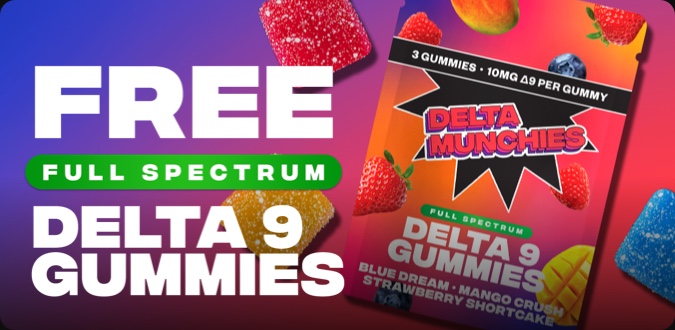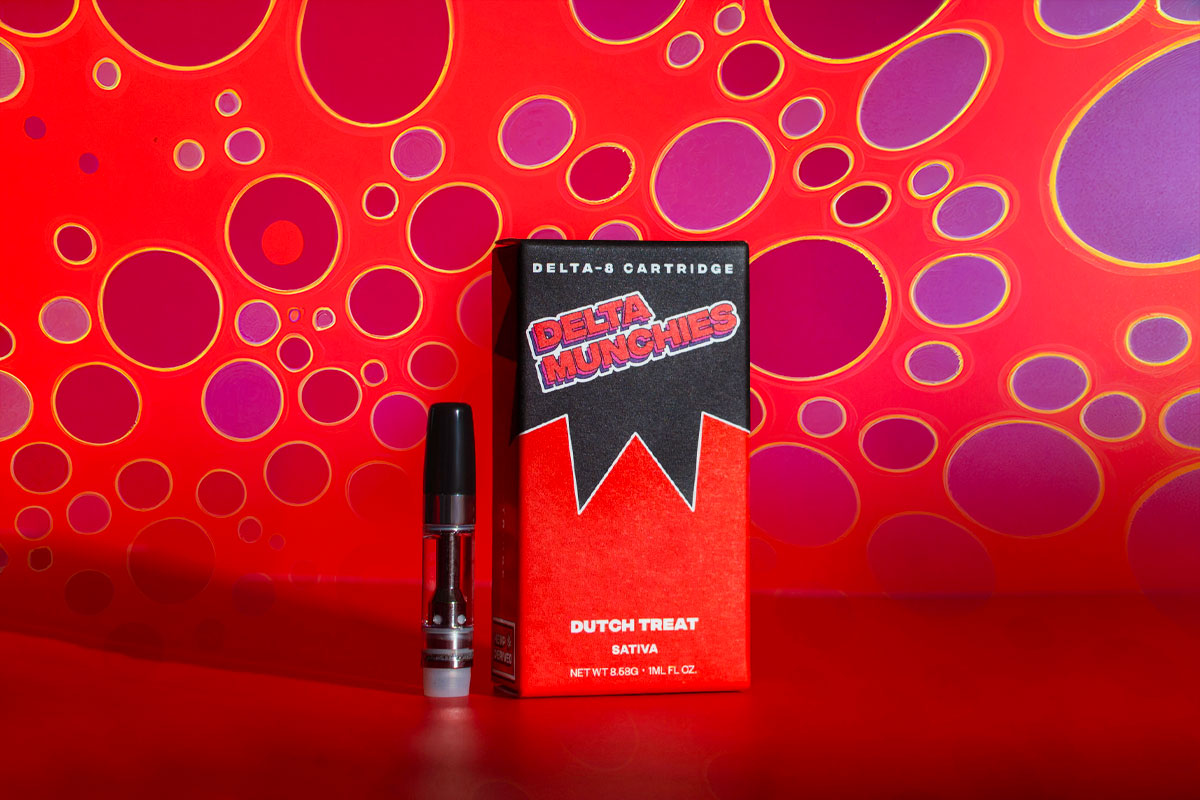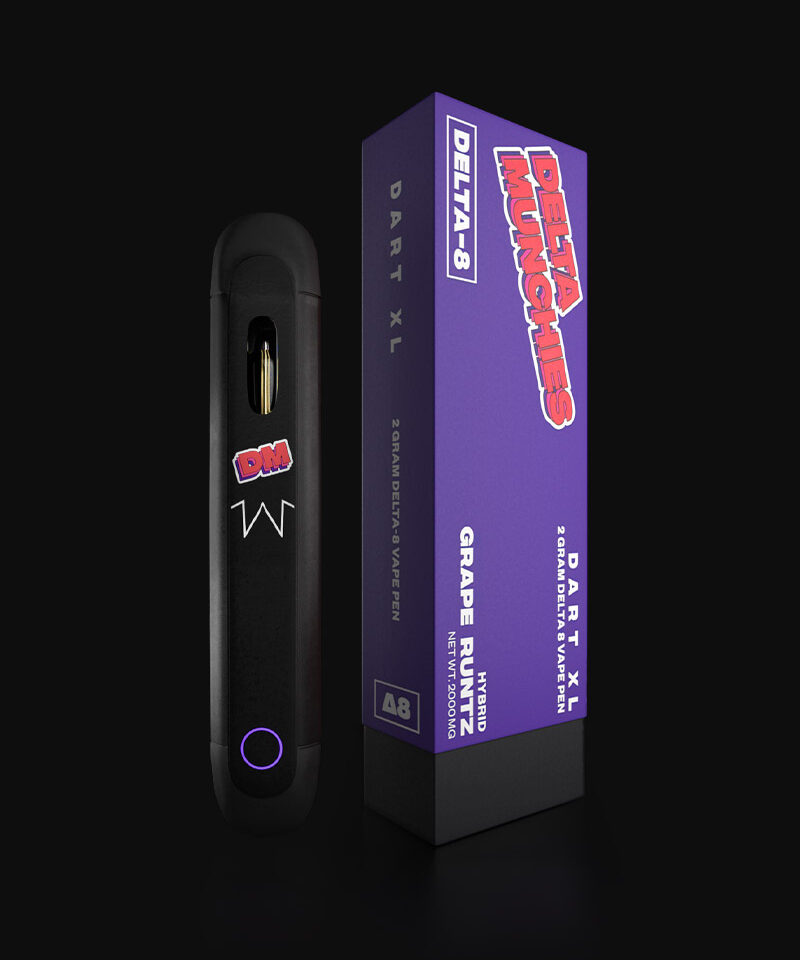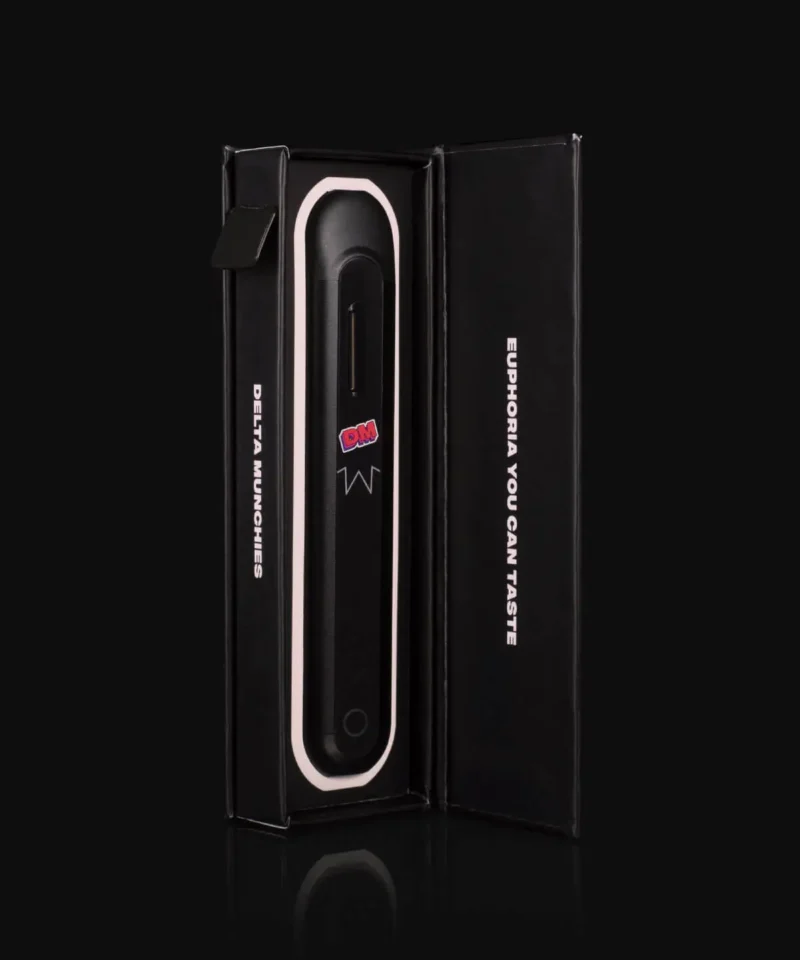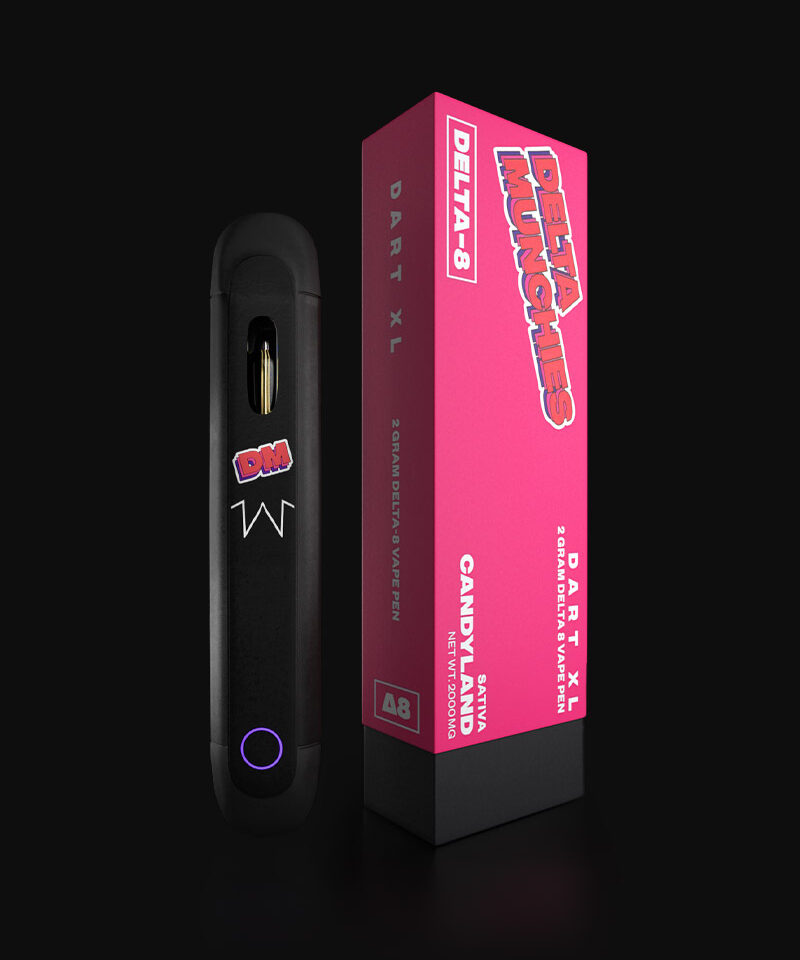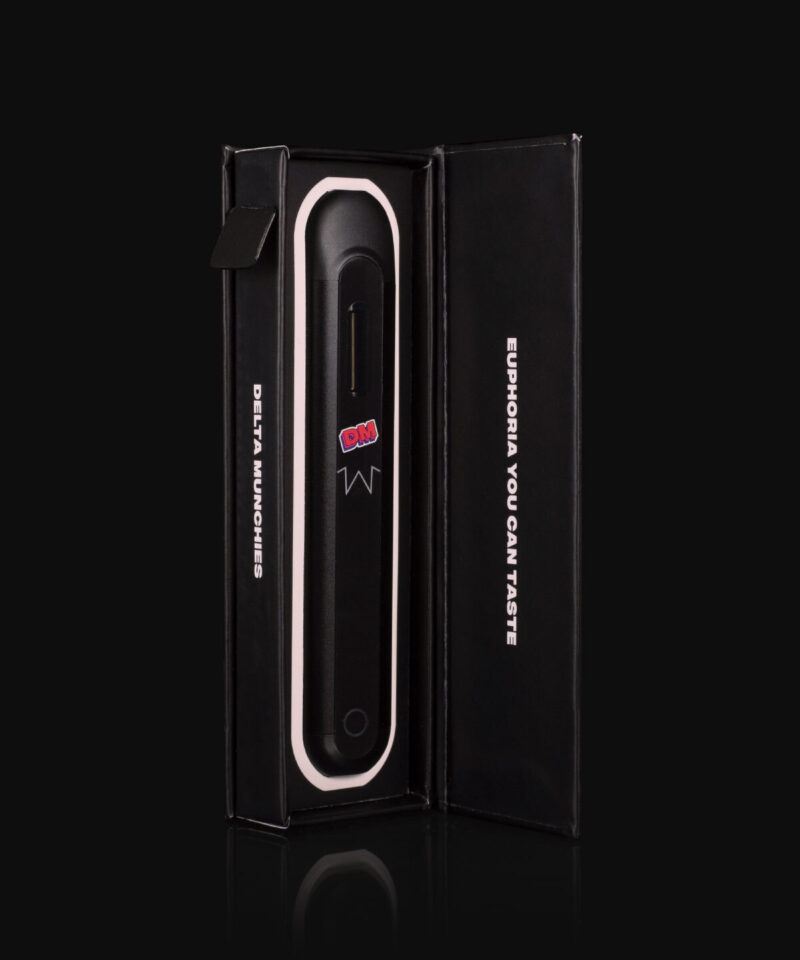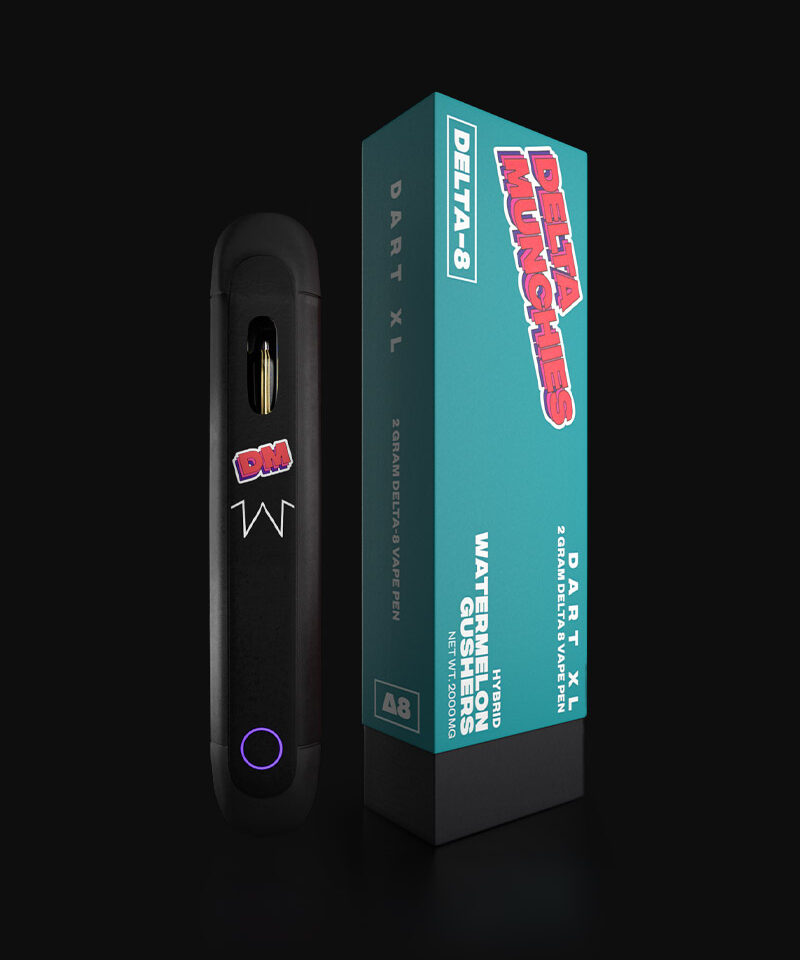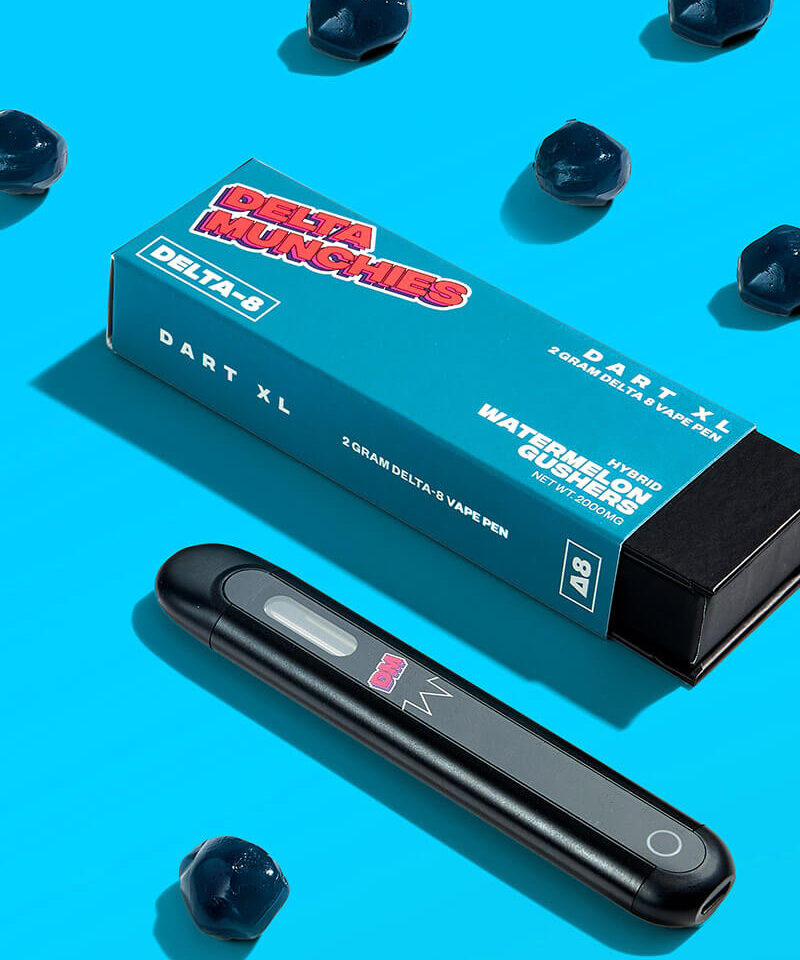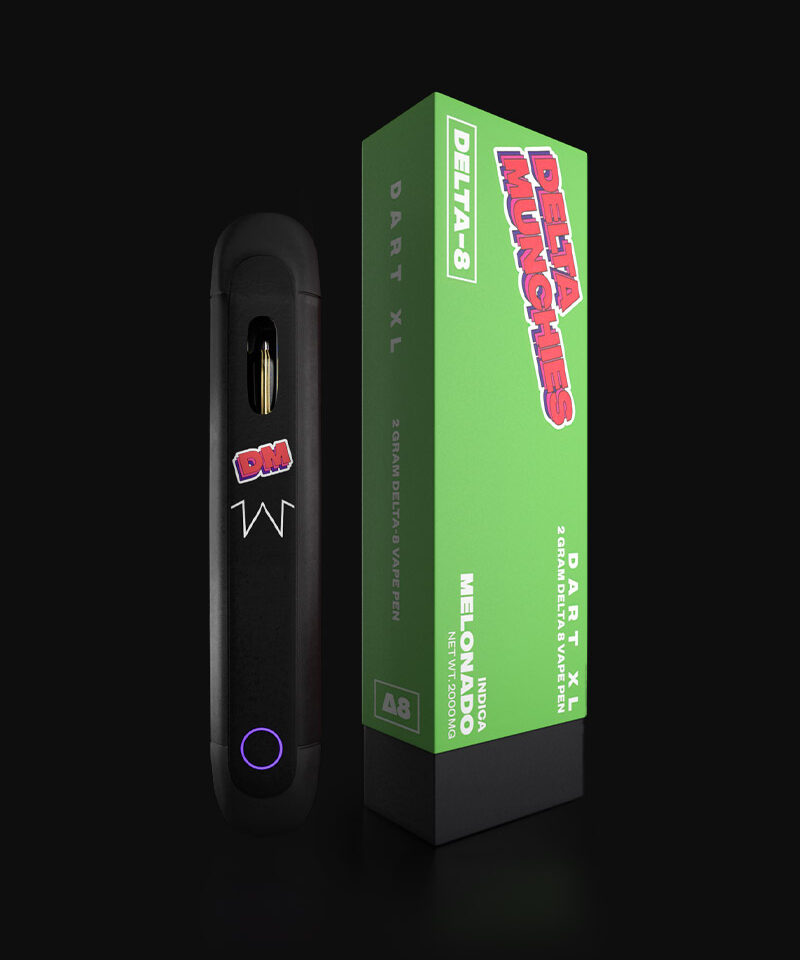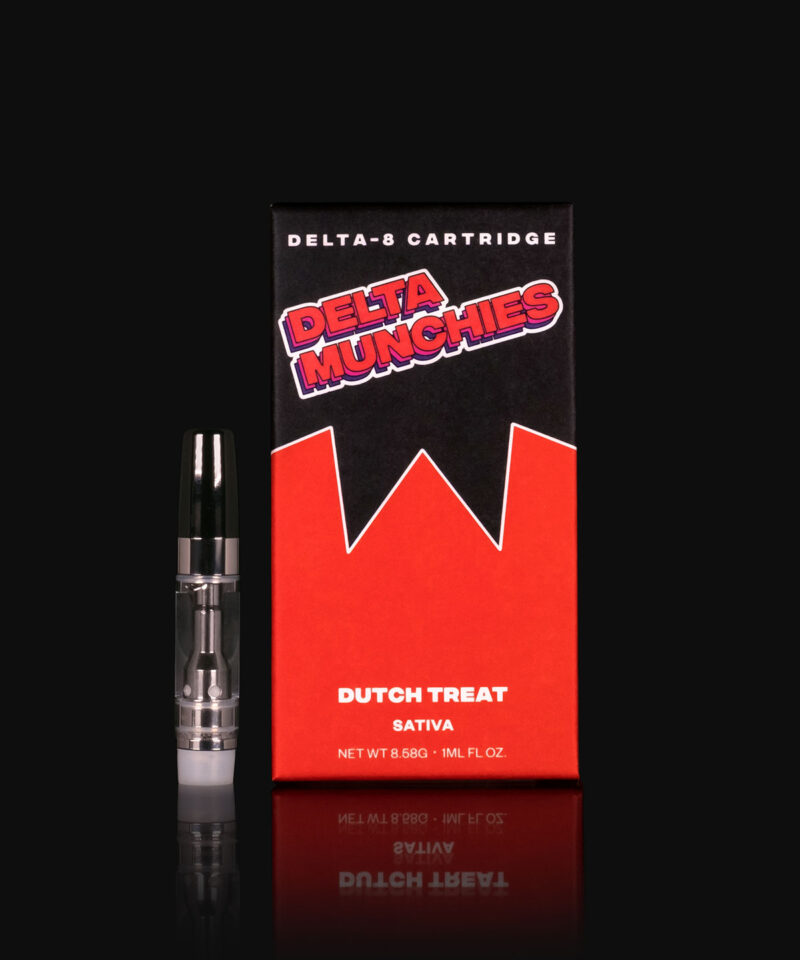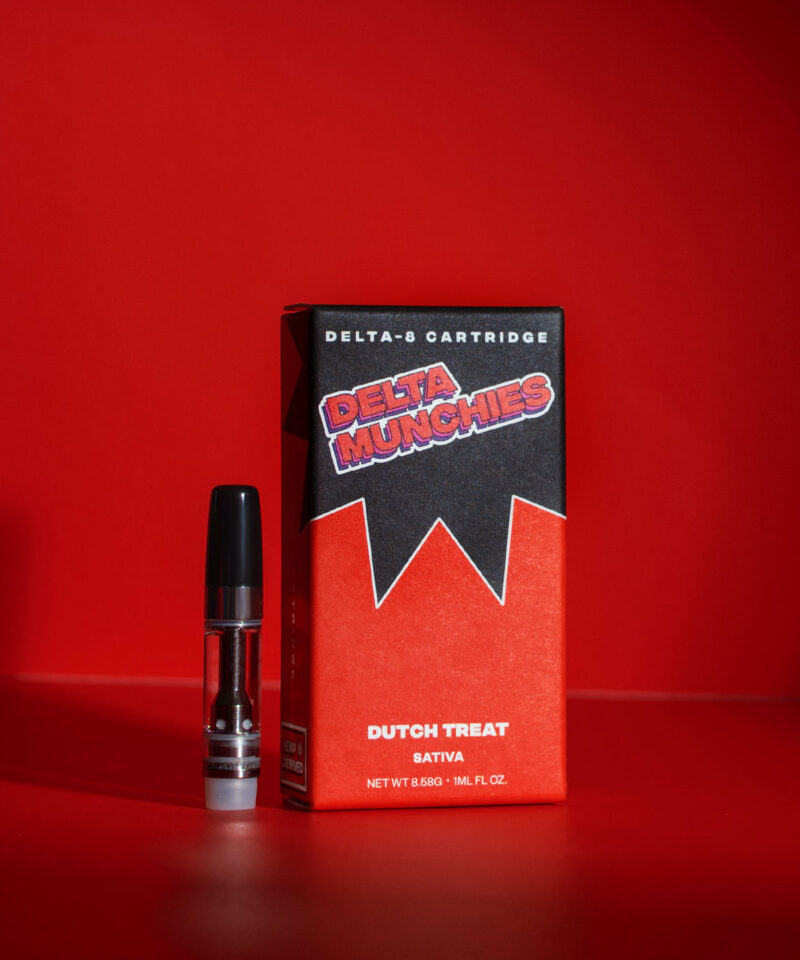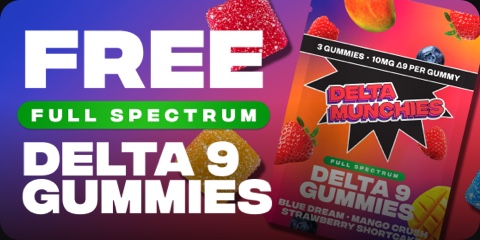Alternative Cannabinoids, Delta 8, Informative
THCV vs. Delta 8: Key Differences & Similarities
A wide variety of cannabis products are on the market right now. Their active ingredients are as diverse as the strains of cannabis we see around. And by now, you may be familiar with cannabinoids like delta-9-tetrahydrocannabinol (or simply THC) and cannabidiol (CBD). These two are the most famous and extensively studied cannabinoids thus far.
But as research continues, more cannabis compounds are coming to light. Little-known compounds like delta 8 THC and tetrahydrocannabivarin (THCV) have recently been receiving more attention.
Many hemp users may not know much about these two, but they are among the most in-demand cannabinoids at the moment. Both are naturally derived from hemp, and despite being analogs of THC, they have different effects and benefits.
In this article, we deconstruct these two cannabinoids. We answer all your questions regarding their differences, psychoactivity, and health benefits. Due to the influx of different cannabis-based products on the market, we also tell you how to protect yourself by avoiding dubious products.
Looking for quality delta 8 products? Check out some of our best-sellers:
Delta 8 THC
Delta 8 THC
Contents
Key Takeaways
- THCV and delta 8 THC are both minor cannabinoids derived from hemp. They exist in low concentrations and are majorly artificially synthesized.
- THCV has no known medical applications and is yet to be commercialized.
- One of THCV’s potential effects is decreasing appetite hence the name “diet weed.”
- Delta 8 THC is another minor cannabinoid that continues to make headlines thanks to its pleasantly calming experience.
- Delta 8 has the same effects as delta 9 THC but milder.
What is THCV?
Tetrahydrocannabivarin (THCV), or “diet weed,” is a propyl analog of delta 9 THC, one of the major cannabinoids of medicinal cannabis. Delta 9 is presently available in various synthetic forms, such as Dronabinol, whereas THCV has no medical applications and is not available in commercial products.
As a minor cannabinoid, THCV is present in raw cannabis alongside other known cannabinoids like cannabidiol (CBD), cannabinol (CBN), cannabivarin (CBV), cannabigerol (CBG), cannabidivarin (CBDV), and cannabichromene (CBC).
Usually, this phytocannabinoid exists in low concentrations, but THCV-rich plants can contain as much as 16% THCV. Structurally, THCV and delta 9 THC are similar, except the former has a propyl side chain (3 carbon atoms) while THC has a pentyl side chain (5 carbon atoms).
Although THCV’s action mechanism is not fully understood, there are suggestions that it may have therapeutic potential in combating diseases such as epilepsy, hyperexcitability, and cerebellar dysfunction. More on the benefits of this cannabinoid later.
Is Tetrahydrocannabivarin THCV?
Yes, tetrahydrocannabivarin is THCV – a new cannabinoid considered to have psychoactive effects typically associated with cannabis use.
Like other cannabinoids, THCV can influence the endocannabinoid system (ECS) via endocannabinoid receptors throughout the body. The most well-known endocannabinoid receptors are CB1 and CB2.
CB1 receptors are predominantly located in the brain’s nerve cells and the spinal cord. However, they are also present in peripheral tissues and organs like white blood cells, the spleen, the urinary tract, the endocrine gland, and parts of the reproductive system.
CB2 receptors are mainly found in the immune system, spleen, and tonsils.
THCV is a CB1 antagonist, meaning it suppresses activity on CB1 receptors. However, some studies suggest that THCV can also act as a CB1 agonist, depending on its concentration. Meanwhile, it’s been shown to be a partial agonist at CB2 receptors.
Further, research studies suggest this cannabinoid is a GPR55 and l-α-lysophosphatidylinositol agonist. This essentially means it stimulates physiological activity on these receptors like the body’s endocannabinoids.
Beyond its influence on the ECS, research shows that THCV can activate 5HT1A receptors producing antipsychotic effects. Also, it can interact with different transient receptor potential (TRP) channels like TRPV2.
The implications of these actions concerning THCV’s potential pharmacological value will be apparent shortly.
The Benefits of THCV
So, even as we strive to provide correct information on cannabinoids and other cannabis compounds, we always emphasize that cannabis research is young, and not much is known about its compounds, especially new ones like THCV.
Be that as it may, existing research studies highlight some potential benefits of this compound.
Since THCV can interact with 5HT1A receptors to produce antipsychotic effects, it may have therapeutic potential in negating some cognitive symptoms of schizophrenia.
This cannabinoid can also bind to different TRP channels, such as TRPV2, to bring about anti-inflammatory, anti-cancer, and analgesic effects.
Further, THCV demonstrates anticonvulsant and antiepileptiform properties, which suggests it may have therapeutic application in treating pathophysiologic hyperexcitability conditions like untreatable epilepsy.
THCV may also help with weight loss by decreasing body fat and lowering the concentration of leptin. Leptin is a hormone produced by adipose tissues. It enables the body to maintain normal weight long-term.
Moreover, since it can antagonize CB1 receptors, there are reports that THCV may decrease appetite cravings as well as THC’s intoxicating effects.
Recent studies indicate that THCV may suppress hyperalgesia and inflammation via CB2-mediated pathways. It has a similar effect on pain, albeit through CB1 activity.
While these findings about THCV are promising, we need to point out that they are based on animal trials. Further investigations on THCV’s anti-inflammatory and antiepileptic effects on humans are ongoing, so we’ll just have to wait and see.
What about its recreational effects? Well, after using THCV, consumers report feeling relieved, relaxed, and having a strong mental buzz.
What is Delta 8 THC?
Delta 8 THC has been in existence for quite some time now.
This phytocannabinoid is among the many THC variants that exist naturally in cannabis. It is found in low concentrations and typically synthesized from CBD. This is the only way companies can get higher yields.
Structurally, delta 8 and delta 9 are similar, with the main difference being the location of a double bond in their molecular structure. Delta 8 has a double bond on the 8th carbon, while delta 9 has it on the 9th carbon.
Despite the near-identical structural similarity, their effects are not as close. Delta 9 produces markedly stronger effects than delta 8, making the latter to be regarded as the former’s “better” sibling.
Benefits of Delta 8 THC
Delta 8 produces the same effects as delta 9 but is less intense. This is due to the positioning of the double bond, which effectively reduces its affinity for cannabinoid receptors.
However, there are numerous positives to this. For starters, you cannot get the intense “high” associated with delta 9. So, cannabis users who are averse to delta 9 need not worry.
The other benefits of delta 8 include:
- Pain, inflammation, and anxiety relief
- A sense of euphoria
- Reduces symptoms of insomnia
These physiological effects are attributed to delta 8’s ability to bind to cannabinoid receptors in the brain, creating an elevated state of mind. Generally, when this happens, the body releases a deluge of “feel-good” hormones that wash over other negative feelings like pain and anxiety.
Because of this, this cannabinoid, in conjunction with conventional medications, is popularly used to manage the symptoms of various health conditions like pain.
Difference Between THCV and Delta 8 THC
Even though THCV and delta 8 THC sound like they come from the same parent molecule, they are very different. In fact, delta 8 is more closely related to CBD than THCV!
That said, the differences between these two cannabinoids are subtle and largely depend on the user and dosage.
THCV is more of a stimulant – it helps improve focus and boost concentration. It’s also been shown to increase energy levels. People compare the energy rush of THCV to that of an energy drink or coffee without the headaches or jitters associated with caffeine.
Generally, THCV does not make you “high” unless you take it in large doses. But if you take a product with both THCV and THC, you will likely get a stronger “high.”
With delta 8, you get a more subdued experience that results in a clearer mind. It’s also commonly used by people with anxiety problems, suggesting that it may have a calming effect. But this is not surprising; commercial delta 8 predominantly originates from CBD, so it’s no surprise it mirrors some of CBD’s qualities.
In sum, both THCV and delta 8 produce diverse effects on the body. The good thing about them is that their effects are seldom intense.
THCV vs. Delta 8 for Energy
THCV produces an energy rush that users often liken to a “strong mental and physical buzz.” This trait is often associated with cannabinoids from the sativa lineage. So, when boosted with terpenes from sativa strains, THCV creates an uplifting experience.
On the other hand, delta 8 may not be the archetypal stimulant, but it also has a pleasant, energizing buzz. By boosting metabolism, it inadvertently spurs the urge to eat. We know energy typically comes from eating, so it figures.
For that boost of energy, go with hybrid or sativa-dominant strains. These are well known for energizing effects.
THCV vs. Delta 8 for Focus
THCV could induce psychoactive effects at higher doses, stimulating the brain and enhancing mental clarity. For this reason, this cannabinoid is commonly used to improve focus and concentration.
Delta 8 is also known for its calm and focused “highs” that many people find appealing. So, a combination of THCV and delta 8 may enhance cognitive functioning.
THCV vs. Delta 8 for Sleep
Without a doubt, most people who use cannabis seek to improve their sleep quality. We know that THC and CBD are the primary cannabis compounds behind this effect.
Delta 8 THC interacts with CB1 receptors to stimulate the production of serotonin. This is one of the “feel-good” hormones mainly known for promoting sleep. Remember that delta 8 is derived from CBD, which also possesses sleep-promoting properties.
Also, delta 8 has calming properties and may help you sleep well. Besides, delta 8 possesses pain-relieving qualities. Pain can make it difficult to sleep, so by alleviating it, delta 8 promotes better sleep.
High-THC strains are known to help cannabis users sleep better. It’s even better if they are indica strains. However, THCV is not particularly popular for assisting with sleep – it’s a stimulant, so it actually does the opposite.
But its anti-inflammatory and pain relief properties may undoubtedly help with sleep problems. However, it’s not the cannabinoid we would recommend for anyone seeking better sleep. There are far better cannabinoids for this function.
Where to Buy Delta 8 THC
If you want to learn more about specific cannabis products, Delta Munchies is a trusted, reliable source. But more importantly, we go over and above to craft truly exceptional cannabis products that address your health needs.
So for high-quality delta 8 THC products, visit our online store to sample our full range of products. However, we’ll highlight a few you may try out.
Dart XL
Delta 8 THC
Delta 8 THC
The Melonado Delta 8 Vape contains 2 grams of delta 8 THC enriched with cannabis-derived terpenes and natural terpenes. This is an indica-dominant cannabinoid so expect a calming yet powerful cannabis experience.
Our Grape Runtz Delta 8 Vape combines Gelato, Zkittles, Grape Ape, and OG Kush strains. Because it’s an indica-dominant strain, use this product ideally just before bedtime to fully experience its sedating properties.
If you’re into vape cartridges, we highly suggest you try the Dutch Treat Delta 8 Vape Cart. It’s a cross of Northern Lights and OG Haze strains and has undertones of sweet fruits. It’s bolstered with natural terpenes to give a rich, true-to-cannabis experience.
If you’re sweet-toothed and want a hefty dose of delta 8, we introduce the Green Apple Sour Belt – a masterpiece crafted to perfection to produce intense effects. These belts are incredibly potent, so we urge you to be cautious when using them.
With 3000mg of delta 8 per belt, these are the strongest delta 8 gummies on the market anywhere! Check out our delta 8 dosing guidelines for a better cannabis experience.
We also have a wide array of delta 8 THC tinctures for users who prefer a no-frills approach when using cannabis. Our tinctures come in 30ml bottles that contain 1000 mg of delta 8 THC. What’s more, these tinctures are vegan, paraben- and gluten-free, meaning everyone gets to experience the taste of euphoria in a bottle!


